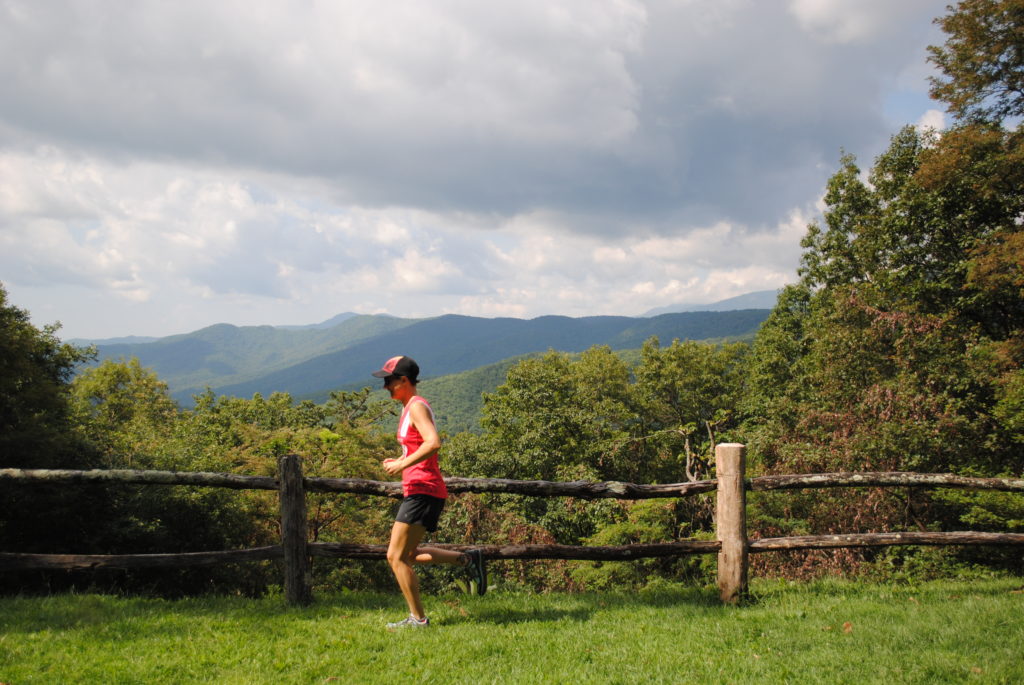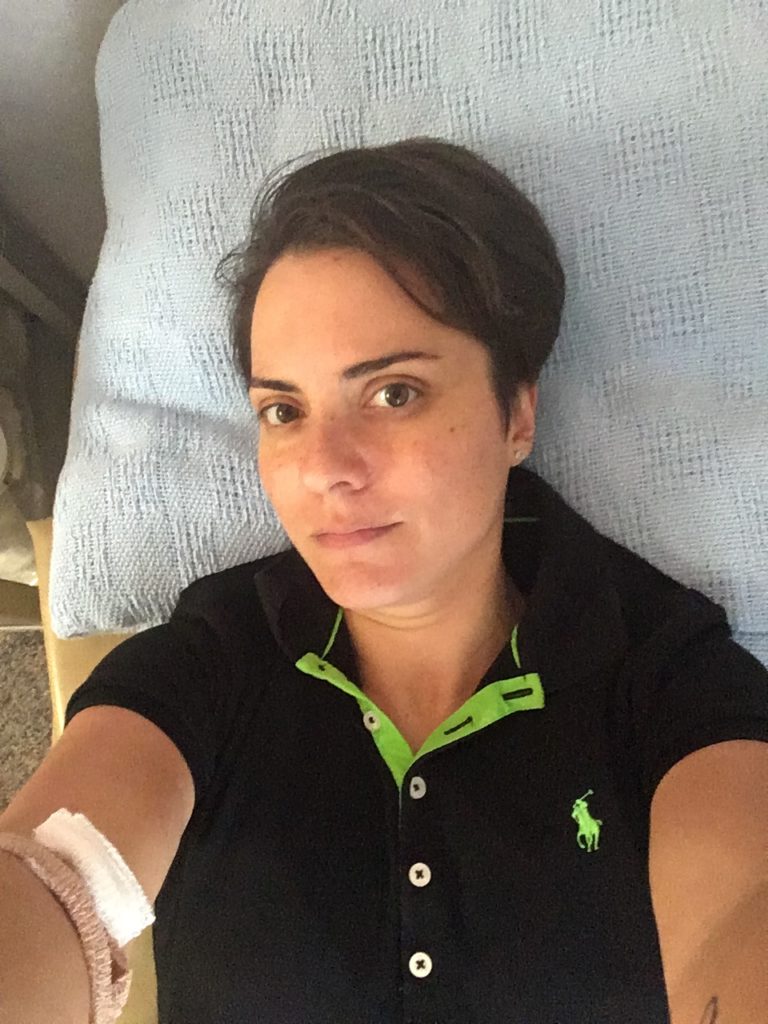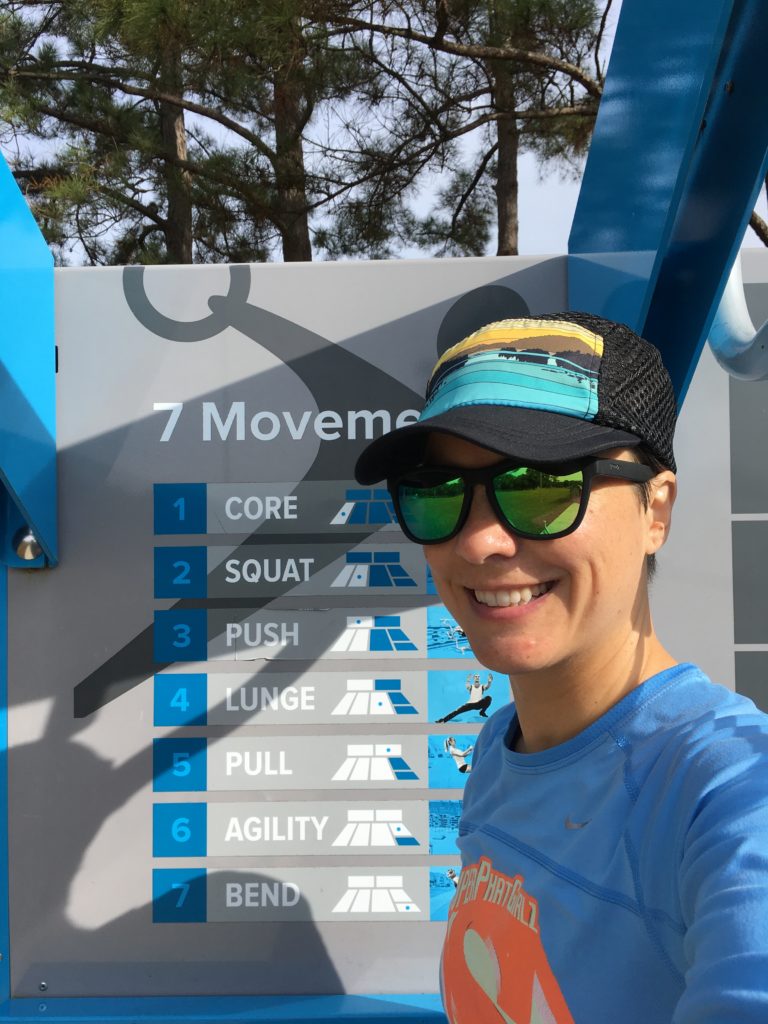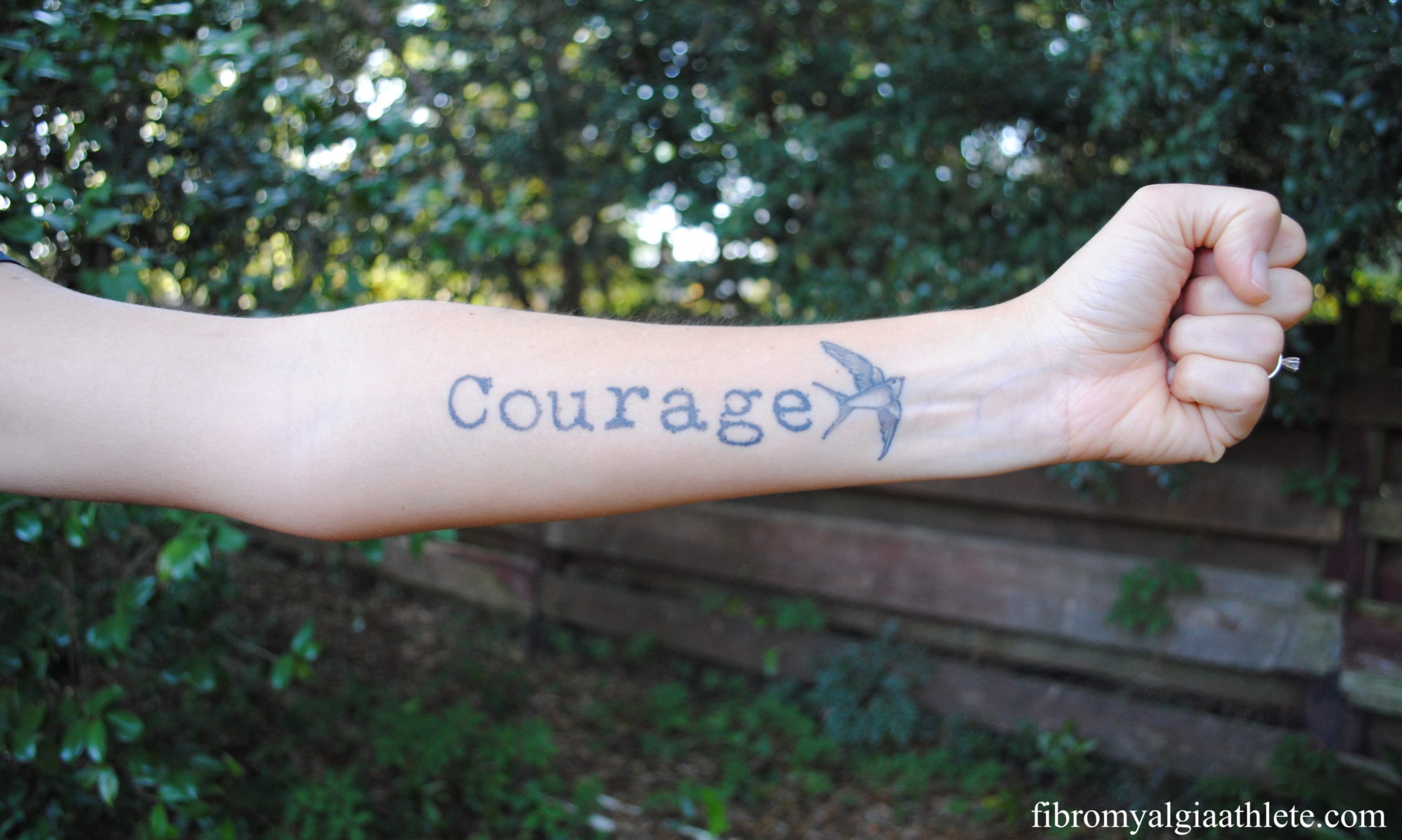
I don’t think there’s such a thing as a 100% bad year, but 2019 came pretty close. Even as I type that, it doesn’t feel true. There were some absolutely awesome moments, from traveling for book tour events to hiking in gorgeous places to running past a bear in a tree. But overall, my health was terrible this year. Scary terrible. I finally got a definitive diagnosis, and it wasn’t good news: chronic Lyme disease.
In the past, the various diagnoses– cervical dystonia, fibromyalgia, relapsing-remitting multiple sclerosis, and the list goes on– ate away at my body and my mental health. Until this year, nothing attacked my cognition, and I can easily say that losing my ability to think clearly– to reason, to comprehend, to remember simple things– is the most terrifying problem I’ve ever had. The week of Thanksgiving, I finally got some clarity in the form of a doctor who spent nearly two hours with me, one-on-one, without interruption. From passing out in the hall in the middle of the night to getting lost in my own neighborhood to crushing headaches to constant exhaustion and a million other awful symptoms, the answer, for him, was simple. Lyme disease. Chronic Lyme disease, to be exact.

I was too sick for a while to fully comprehend anything, let alone a breakthrough diagnosis. I spent my days trying to make it through work at a job that I’ve done for almost nine years with previous relative ease. I spent my weeks wondering when bloodwork would come back (so. much. bloodwork.), and I spent my nights exhausted but unable to sleep. A depression that I can only describe as a feeling of being possessed took over. Migraine-like headaches left me even more exhausted.
Mast Cell Dysfunction
The first problem the doctor began to work on, almost immediately after our initial few minutes of discussion, was what he said is secondary mast cell dysfunction. I’d never heard of that before, and had no idea it could go hand-in-hand with chronic Lyme disease. I hadn’t even made much of a big deal about the symptoms, since they seemed so inconsequential compared to the other debilitating problems that I had. But when I described sneezing, coughing, gasping, and getting congested after every meal, the doctor paid close attention.
I showed him two videos (chronic pain patients know we need proof because practitioners often doubt what they can’t see) of me literally ingesting nothing but water and going into a massive sneezing fit. He diagnosed mast cell dysfunction and told me to immediately start taking Zyrtec every morning. I’m not a fan of Western medicine unless it’s absolutely necessary. I’ve been burned by side effects many times, but I reluctantly bought some store-brand Zyrtec and popped one before breakfast the next morning. No coughing, no sneezing, and barely a sniffle after I ate. It was just short of miraculous.
Lyme Diagnosis
The Lyme disease diagnosis was not so simple to handle. I’m learning more than I ever thought there was to know about Lyme disease, especially chronic Lyme disease. There’s a big chunk of practitioners who, for various reasons, fight about it, but I’d rather not go into that much. People will always have big opinions and big mouths, but I prefer to only listen to and respect the ones who deserve it. Dr. Richard Horowitz does a great job of explaining all this, if you’re interested. Look up his book called Why Can’t I Get Better for details. The main thing I know is, I’ve been very, very sick for a long time and now I finally know why.
I’m scared. I’m scared for my present and for my future. I wonder if I’ll ever get full cognitive function back, and the idea that I won’t is haunting. I have a binder dedicated to symptom tracking and Lyme disease information, and I’m beginning to solely focus (as much as possible) on majorly reducing my symptoms. There isn’t a cure, and I’m so NOT ok with that that I’m considering going back to school to become a researcher who works for a cure. In the meantime, I’m starting an herbal regimen (Stephen Buhner’s chronic Lyme disease protocol) and managing minute-to-minute fluctuations in energy, mood, and cognition.

After about a week on some high-quality, Lyme disease-targeting herbs, my energy level increased and I was able to start running again. That was a godsend. Running has long been my sanity-keeper, and the fresh air and trees are the best medicine for everything. I’m already a medical marijuana patient, so I have access to MMJ for sleep, but I also added CBD oil to my regimen. Lyme disease, once it spreads and becomes chronic, can cause an awful condition called Lyme arthritis, so I’m also starting on powdered gelatin. I made Golden Milk for the first time yesterday and am tightening up my diet more than ever. If you haven’t tried Golden Milk, I highly recommend Googling a recipe for it. It’s a warm concoction of anti-inflammatory foods, and while the turmeric can be a little potent for some people, I thought it tasted pretty good.
I started out reading everything and anything I could about chronic Lyme disease. I read studies that showed things like oregano oil and stevia work well to fight the bacteria, and other studies that showed garlic can be helpful. I read and read until knowledge-gathering become too much of an obsession, so now I’m alternating reading Lyme disease-related stuff with fun magazines and running books. Knowledge is power, but it can be oppressive, too.
I go back to the doctor in a few days and we’ll make a plan on how to go forward from here. I don’t know if he’ll want me to start strong, long-term antibiotics or not, and I’m not sure how I feel about that. I’ve talked to so many people who’ve had poor results from antibiotics and/or who had only very short-term success. But I’m sure they work great for some Lyme disease cases, and ultimately I have to decide what’s best for me, not for others.
I’m still spinning from the diagnosis and the fallout– I lived for YEARS with relapsing-remitting MS, except now I know that wasn’t true, and it’s freakin’ bizarre. I have a lot, lot more to say about chronic Lyme disease and how it’s affecting my life, my running, my work, but the brain fog is awful and it makes gathering thoughts quite challenging. For now, I’ll leave you with two of my favorite (so far) resources for chronic Lyme disease patients.
Lyme Disease Books
- Stephen Buhner, an herbalist, has done extensive research on Lyme disease. You can buy his books on Amazon and learn a lot from his website. I bought Healing Lyme, and it’s a wonderfully informative, well-researched book. I would LOVE to meet Stephen but I recognize that this is a pipe dream of epic proportions.
- Richard Horowitz is a doctor who’s worked extensively with Lyme disease patients. I bought his book Why Can’t I Get Better, and it’s a solid resource for a mixture of Western medicine, anecdotal evidence, real-life examples, and Eastern practices. He seems like the type of compassionate, thorough doctor that most of us would hope and pray would treat us.

4 Replies to “Chronic Lyme Disease”
Comments are closed.